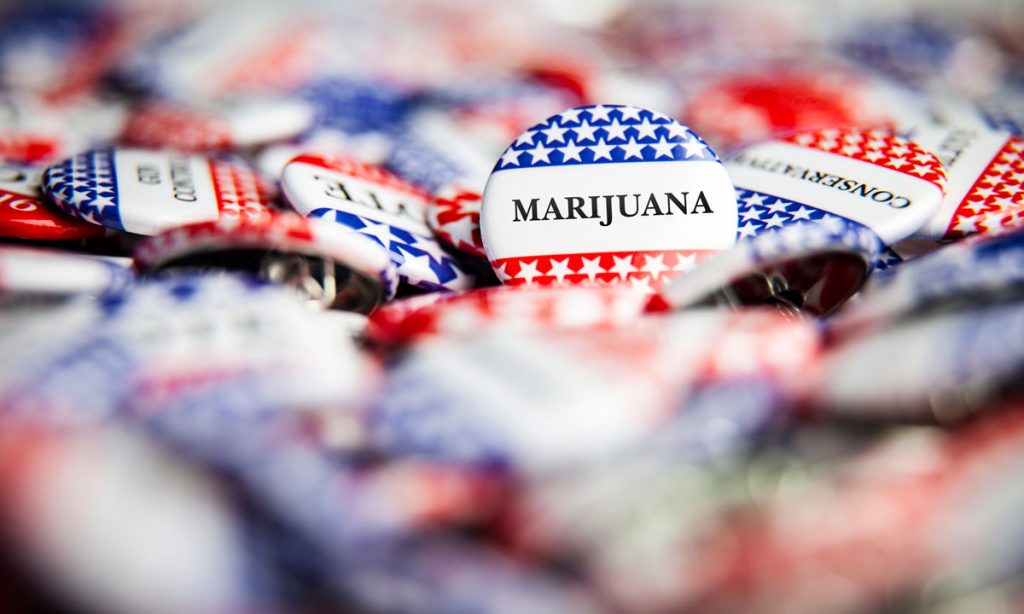By The Fresh Toast's Brendan Bures, provided exclusively to Benzinga Cannabis.
New research found that negative stigmas associated with the term “marijuana” have changed over time.
Over the past couple of years, marijuana has been under a microscope. We don’t mean the plant or the effects of legalization, we mean the word itself — marijuana. Whether you realize it or not, an underground movement has developed to convince you to use the word “cannabis” instead.
Primarily, a vocal minority believes we should the term marijuana because of its historical baggage, which includes racist policymaking and the War on Drugs. Instead, the argument goes, we should use cannabis, which will be more appealing to newcomers and push them to support legalization efforts. But does saying cannabis instead of marijuana actually influence public opinion?
According to a study published in the journal PLOS One, the answer is no. The authors of the study partnered with YouGov for an “original survey experiment” that polled 1,600 adults in the U.S. Researchers determined that 43% of respondents believed saying marijuana and cannabis was “morally acceptable.” Only about a quarter of participants said marijuana was “morally wrong” while 20% said the same of cannabis. The rest of those surveyed responded they were “not sure.”
“Whether asked about legalization of the drug, the moral acceptability of its use, tolerance for activities involving the drug, the harmfulness of its use, or the traits of its users—and whether they are prompted to think about medical use or use more generally—respondents offered similar opinions whether we called the drug ‘marijuana’ or ‘cannabis,’” the authors wrote.

Photo by adamkaz/Getty Images
Only when they included the term “medical” did attitudes shift. Support for legalization increased when adding medical as a descriptor to marijuana or cannabis. In all, the researchers found that the public supported medical marijuana more than an “unspecified use” of the plant. “The public is much more supportive of legalization of medical use, more morally accepting of it, less bothered by activities involving it, less convinced that it is harmful, and more likely to attribute positive traits to its users when told that the drug is ‘medical,’” they wrote.
That isn’t to say those with adamant beliefs in the marijuana vs. cannabis debate did not once have merit. The truth is, for a long time, negative stigmas were associated with “marijuana,” the researchers report, but that has since changed.
“One possibility is that the term ‘marijuana’ once actually did conjure up special negative associations, but that the word has since shed those associations. Although we cannot test this hypothesis with our data, historical polling shows that public attitudes toward ‘marijuana’ have liberalized over time,” the authors wrote.
Featured Image: Getty Images
© 2025 Benzinga.com. Benzinga does not provide investment advice. All rights reserved.
Comments
Trade confidently with insights and alerts from analyst ratings, free reports and breaking news that affects the stocks you care about.
Cannabis is evolving – don’t get left behind!
Curious about what’s next for the industry and how to leverage California’s unique market?
Join top executives, policymakers, and investors at the Benzinga Cannabis Market Spotlight in Anaheim, CA, at the House of Blues on November 12. Dive deep into the latest strategies, investment trends, and brand insights that are shaping the future of cannabis!
Get your tickets now to secure your spot and avoid last-minute price hikes.